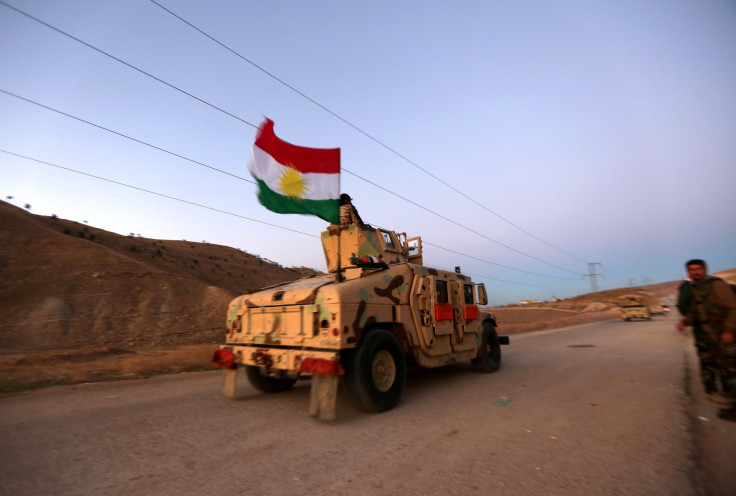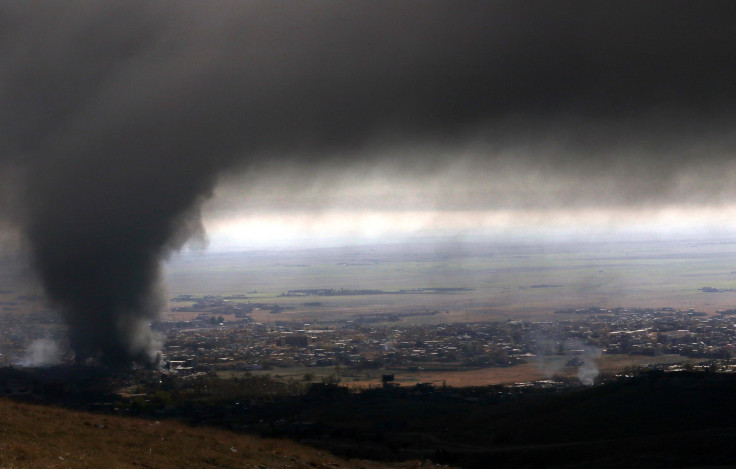Sinjar Offensive: Kurdish Forces Wrest Control Of Key Iraqi Town From ISIS

Iraqi Kurdish forces, aided by the U.S.-led coalition’s fighter jets, entered the city of Sinjar in northern Iraq early Friday and were “clearing the area of remaining ISIL [also known as the ISIS or the Islamic State group] terrorists,” the Kurdistan Regional Security Council said in a tweet. The gains come on the second day of a major offensive to retake Mount Sinjar and the surrounding regions from ISIS, which seized the territories in August last year.
“ISIL defeated and on the run,” the Kurdistan council said in a separate tweet.
President Masoud Barzani will have a press conference in a few hours to announce the success of Operation #FreeSinjar.
— KR Security Council (@KRSCPress) November 13, 2015Carsten Stormer, a German filmmaker embedded on the frontline with fighters belonging to the Kurdistan Workers’ Party (PKK), which is one of the groups participating in the offensive, told the New York Times that the fighters had faced absolutely no resistance while entering Sinjar.
“There was no resistance -- I mean zero. … We ran down the hill, like in a raid, and the whole time I saw just one dead Daesh fighter,” he said, using the Arabic acronym for ISIS.
On Thursday, fighters of the Sinjar Resistance Units, which include the PKK, the Syria-based People's Protection Units (YPG) and members of Iraq’s Yazidi minority -- cut the city off from the east and west, blocking ISIS’ supply routes connecting its strongholds of Mosul in Iraq and Raqqa in Syria.

“For the last 15 months that I have been fighting Daesh, I have never seen them so weak; they were literally running away,” Kamran Hawrami, a Kurdish commander, told the Guardian.
Last year, after ISIS overran Sinjar, thousands of Yazidis -- who practice an ancient religion predating Islam and Christianity, and are considered “devil worshippers” by the Sunni militant group -- were killed, raped and enslaved. Since last August, it is believed that tens of thousands of Yazidis have been displaced after being forced to flee their homes in the Sinjar mountains.
An earlier attempt to retake Sinjar stalled in December, and militants have since been reinforcing their ranks. According to estimates by U.S. officials, before the start of the latest offensive, there were over 500 ISIS fighters in the region.
© Copyright IBTimes 2025. All rights reserved.






















